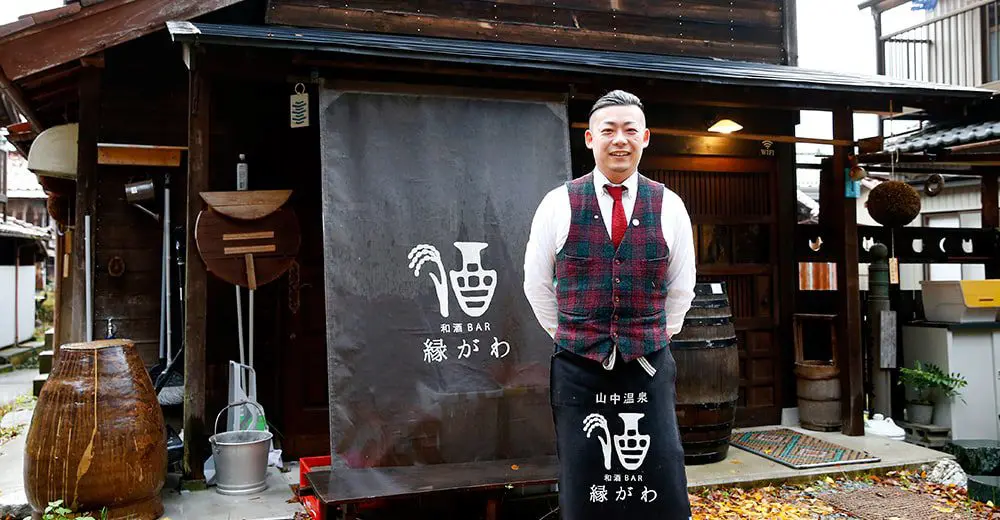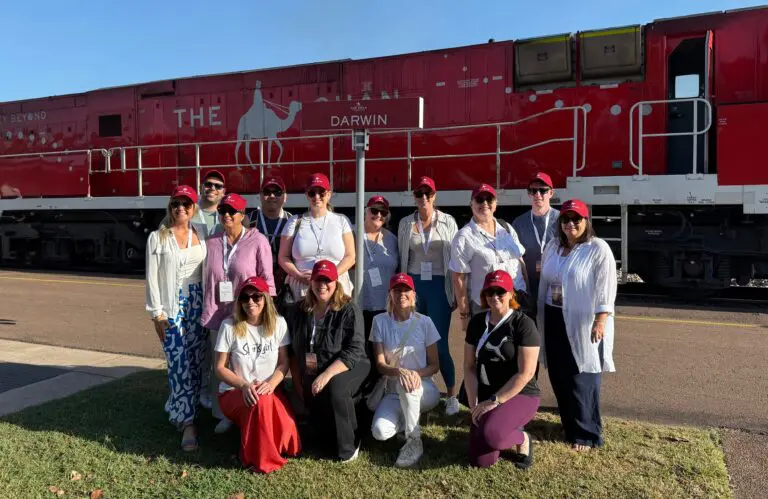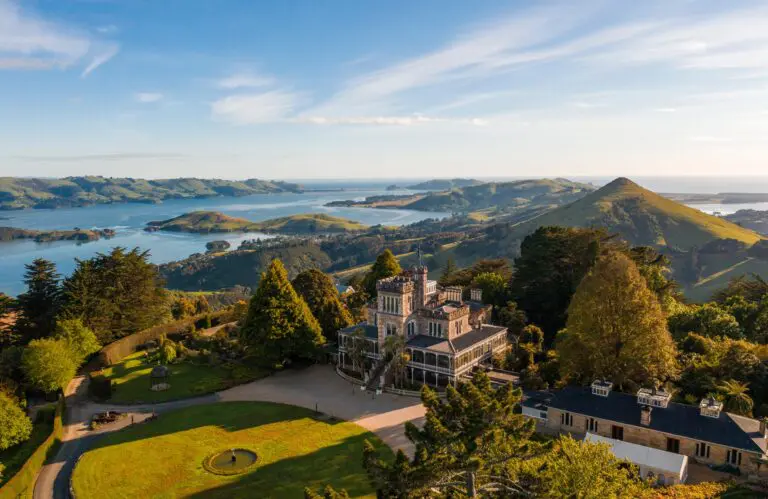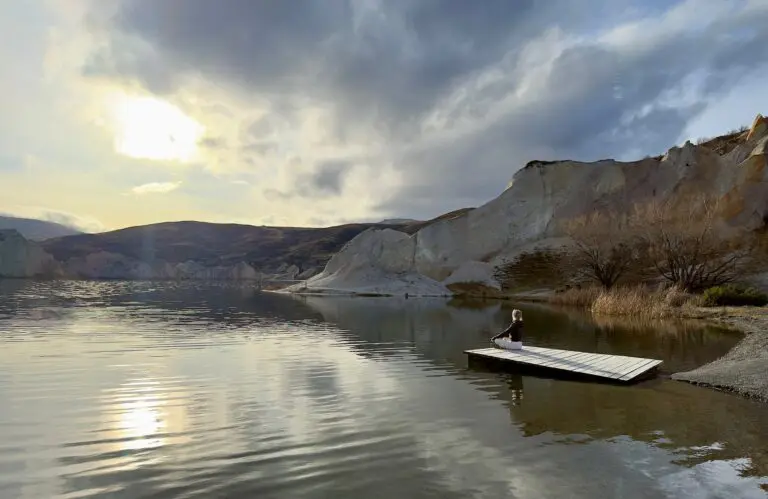Food author Scott Haas shares his experience from visiting bartender and sake master Yusuke Shimoki who runs Engawa located an hour from Kanazawa in Japan.
Deep in the mountains of Ishikawa prefecture, but close to the Sea of Japan and only about an hour away from the city of Kanazawa, Yusuke Shimoki, a young and energetic bar tender and sake master, runs Engawa, which is a kakurega, or real hole-in-the-wall, with only five seats, a tiny private room for those who want to smoke and drink, and a little bench.
Shimoki-san moves his hands quickly and adroitly, reminiscent of a magician performing prestidigitation. He has a cool haircut, too: Shaved on the sides with an approximation of a mullet on top. The music playing in Engawa is instrumental, Scottish folk ballads.
“We think the music goes well with drinking sake,” he says with a merry, inviting laugh.
All in all, Shimoki-san combines seamlessly the old and the new, Japanese reverence for sake and Western regard for a convivial bar scene among folks who arrive as strangers and may leave as friends.

Bartender and sake master Yusuke Shimoki. Photo Credit: Ken Nakayama
Engawa is, in fact, a full service bar in this small, upscale spa town, at the top of a little, hilly side street, but Shimoki-san’s thing is sake. He is a certified sake master, one of only three hundred in Japan, he notes, and it’s here that you can try a variety of sake, especially those from kura (breweries) in Ishikawa.
Sales of sake are declining steadily each year in Japan as drinkers switch to more affordable beer or micro-brews that are lower in alcohol, and as wine sales grow from France and Italy. But there are still stalwart loyalists like Shimoki-san who work hard to preserve Japanese culture through sake.
Made from rice and brewed through a fermentation process closer to making beer than making wine, sake is a big part of rituals in Japan, from Shinto ceremonies of purification to sharing a glass at weddings.
Adding to Shimoki-san’s delight in sake are housemade bar canapes made in-house, which change seasonally and monthly: An egg preserved in soy, tuna pickled in sake and soy, pickled vegetables, thin pieces of stewed pork.

Photo Credit: Hidenori Kanbara
The food, sake, and service create a unique experience at Engawa, and while lots of kakurega are showing up in Japanese cities, it’s rare to find these types of sole proprietorship, idiosyncratic, heartfelt establishments in the countryside. But with the Japanese economy not showing signs of sufficient growth, and with companies not seeking to expand their workforces, more and more Japanese youth in their twenties are following their dreams.
At Engawa that dream is sake: Chilled, usually, and accompanied by deeply flavorful bar snacks. And at a great price: For about 1800 Yen, you can spend a couple of hours having two sake and small, but satisfying plates of food.
What’s in the future?
Shimoki-san is working hard to suss out what type of sake a person might like based on what mood they seem to be in.
It’s an ancient and modern concept at the same time.






